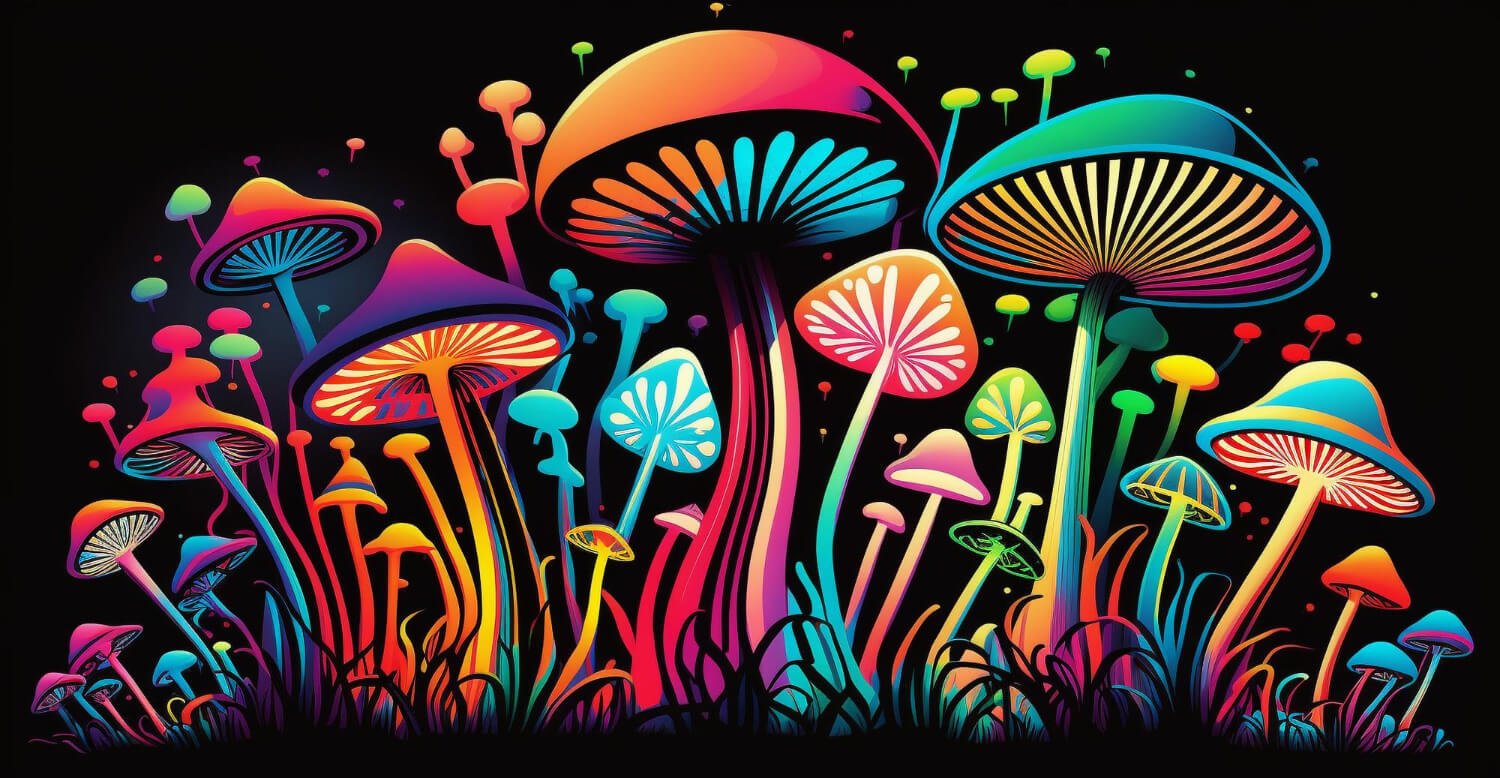Despite local decriminalization efforts, the Detroit Police Department raided Soul Tribes’ psychedelic church, where psilocybin mushrooms were distributed as sacraments for therapeutic purposes. This incident highlights the ongoing debate and discrepancy between local and state laws regarding entheogenic plants and fungi.
Seizure of Psilocybin Products
During the police raid, more than $700,000 worth of dried psilocybin mushrooms, capsules, and gummies were confiscated from the church’s “sacrament center.” In addition to the narcotics, documents related to the operation were also taken by authorities. Following the raid, the church has been ordered to close down.
Proposal E and Local Decriminalization Efforts
Detroit residents had approved Proposal E last year, which aimed to decriminalize possession of entheogenic plants and fungi, such as psilocybin mushrooms, within city limits. However, the recent crackdown on Soul Tribes’ psychedelic church raises concerns about the effectiveness of local ordinances like Proposal E when confronted with conflicting state laws.
- Proposal E: Aims to decriminalize possession of entheogenic plants and fungi in Detroit.
- Conflicting Laws: Even with local decriminalization efforts, state law still considers psilocybin a controlled substance.
- Church Raid: Despite Proposal E, Detroit’s psychedelic church was raided due to violations of state law.
State Law vs. Local Ordinances: The Legal Grey Area
The raid on Soul Tribes’ psychedelic church showcases the ongoing battle between local ordinances like Proposal E and state laws that still classify psilocybin as illegal. Despite Detroit residents voting in favor of decriminalization, Mayor Mike Duggan’s office clarified that state law continues to prohibit the selling or distributing of psilocybin mushrooms.
Soul Tribes’ Founder and Vision for Psychedelic Therapy
Shaman Shu, the founder of Soul Tribes, has been vocal about his vision of using psilocybin mushrooms as a therapeutic tool. He argues that these substances can be beneficial in treating mental health issues such as PTSD, anxiety, and depression when used under proper guidance.
Despite his intentions, Shaman Shu now faces the consequences of operating the psychedelic church. His actions put him at odds with state law enforcement authorities, who continue to enforce existing drug laws.
The Future of Entheogenic Plants and Fungi Legislation
The police raid on Detroit’s first psychedelic church raises essential questions about the future of legislation regarding entheogenic plants and fungi, including psilocybin mushrooms. While some states are slowly adopting more lenient stances toward recreational marijuana, the broader acceptance of other naturally occurring substances remains questionable.
The contentious situation involving Detroit’s psychedelic church showcases the complexities of decriminalizing entheogenic plants and fungi, such as psilocybin mushrooms. As this incident unfolds, it reveals an ever-evolving landscape of drug policies and begs the question of whether these substances may gain widescale acceptance in the near future. One thing is sure – the battle between local ordinances and state laws ensues, triggering ongoing debates about the therapeutic potential and legality of entheogens across the United States.





